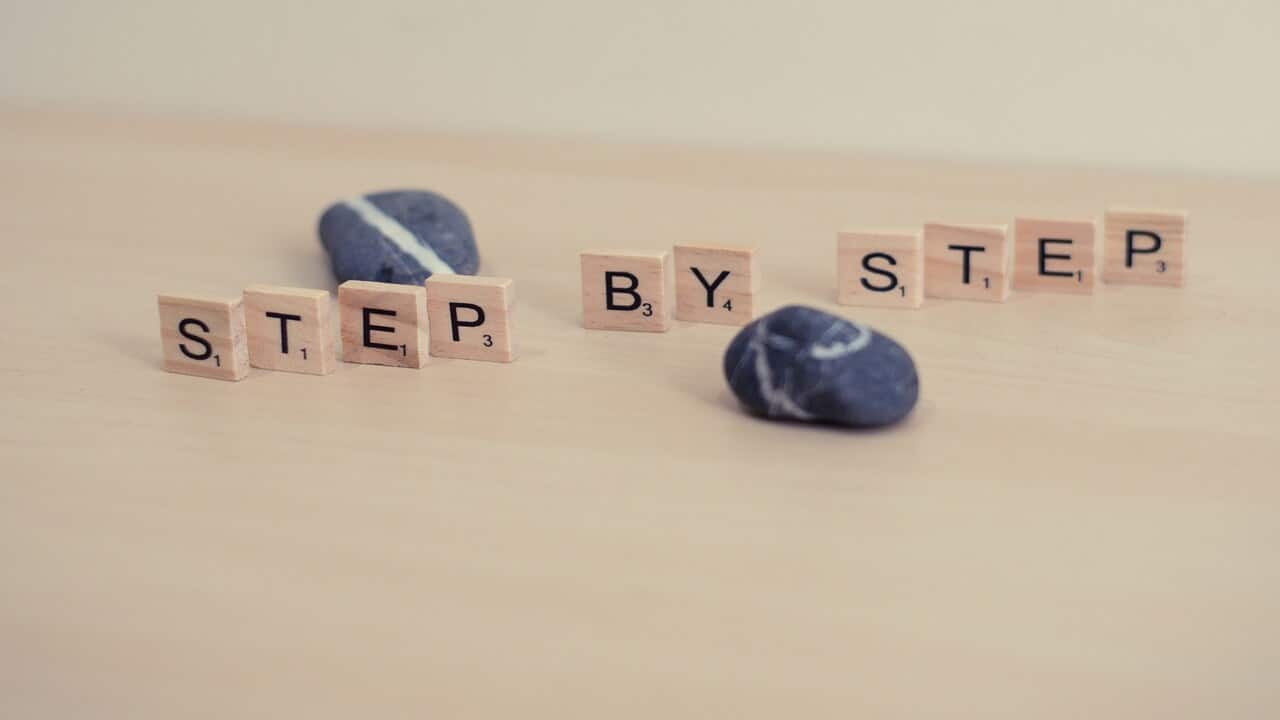
We tend to think good relationships are about compatibility. Or communication. Or chemistry. And while all of that matters, there’s something deeper running underneath every strong, healthy connection: emotional self-regulation. It’s not flashy. It doesn’t come with a highlight reel. But it’s the thing that keeps arguments from blowing up, keeps trust from breaking down, and keeps you from saying that one thing you can’t unsay. These habits won’t just make you a better partner–they’ll make you a more grounded person, period.
1. Pause Before You React

Most people don’t realize how much damage is done in the one-second gap between feeling triggered and choosing what to say. That pause–however small–is everything. It’s where your power lives. Practice inserting even a short breath before reacting. Count to five. Touch your fingers together. Do something physical that interrupts your automatic response. Over time, that pause becomes a filter that saves you from emotional regret and allows your better self to show up.
2. Name What You’re Feeling (Accurately)

“I’m mad” is often just the surface. Underneath it might be disappointment, fear, shame, or grief. Learning to name your actual emotional state with precision can change the entire tone of your interactions. When you can say “I’m feeling hurt because I felt ignored,” instead of lashing out or shutting down, it invites intimacy, not defensiveness. Use an emotion wheel if you need help at first–it’s a small tool with a big payoff.
3. Don’t Talk When You’re Flooded

When your heart is racing, your chest is tight, and your brain is spinning–stop. That’s a flooded nervous system, and it’s not the time to problem-solve or prove your point. Instead, excuse yourself calmly. Say, “I need ten minutes to reset.” Walk, stretch, breathe, run water over your hands–anything that helps your body re-regulate. Coming back when you’re centered shows maturity and leads to fewer emotional casualties.
4. Stop Scorekeeping

It’s easy to mentally tally every time you did the dishes or initiated a hard conversation. But keeping score turns love into a transaction. It poisons the relationship slowly. Practice giving without needing to even the ledger. When something feels imbalanced, bring it up honestly, not as a receipt: “I’m feeling unsupported lately,” not “I did X, Y, and Z–what have you done?” Self-regulation here means resisting the urge to weaponize your effort.
5. Master the Art of the Gentle Startup

How you begin a conversation sets the whole emotional tone. If you open with blame, sarcasm, or volume, expect the same energy back. But starting gently–using “I” statements, staying grounded, focusing on how you feel instead of what they did–invites collaboration, not conflict. It’s not weakness; it’s wisdom. And it’s one of the clearest markers of emotional maturity in conflict.
6. Lower Your Voice, Literally

When things escalate, volume rises. But regulated people do the opposite–they get quieter. A calm, low tone signals safety and invites the other person out of fight-or-flight. Practice this when you’re annoyed, not just when you’re enraged. It’s disarming, powerful, and makes you a calming presence instead of a chaotic one. Regulated voices de-escalate drama.
7. Get Curious Instead of Defensive

Defensiveness is the reflex of the unregulated. Instead of shutting down or pushing back, ask a question. “Can you help me understand what you meant?” “What made you feel that way?” This doesn’t mean you’re agreeing–it means you’re self-controlled enough to seek clarity instead of control. Curiosity opens doors; defensiveness slams them shut.
8. Learn Your Triggers and Share Them

We all have emotional landmines. Maybe it’s being interrupted. Maybe it’s feeling ignored. Self-regulation means knowing what flips your switch–and communicating that clearly before it happens. “I get reactive when I feel dismissed, so if I seem short, I might be in that space.” That kind of transparency helps your partner understand your inner world without walking on eggshells.
9. Apologize Without Over-Explaining

An unregulated person can’t just say sorry. They need to justify, explain, or loop back to their own pain. Regulated people can apologize cleanly: “I was wrong. I’m sorry for how I made you feel.” Period. Not “I was just tired” or “You triggered me.” Take responsibility without diluting it with disclaimers. That’s real accountability.
10. Let Silence Be a Tool, Not a Weapon

Silent treatment is emotional punishment. But mindful silence? That’s self-mastery. When you feel yourself about to say something damaging, let the silence stretch. Use it to breathe, to think, to wait until what you say won’t burn down the room. A pause can feel awkward–but it can also be a sign of deep respect and restraint.
11. Breathe Before You Text Back

In the age of digital snapbacks, one breath can save your relationship. Never reply to a hurtful or emotionally charged message immediately. Read it. Set the phone down. Breathe. Then ask yourself: “What’s the outcome I want here?” Emotional self-regulation means leading with intention, not ego. It might be the difference between repairing or deepening a rift.
12. Don’t Confuse Vulnerability With Emotional Dumping

Sharing your feelings is good. Flooding your partner with unfiltered emotion every time you’re stressed? Not so much. Self-regulation means being honest about what you’re feeling–without making them your emotional sponge. Check in: “Are you in a space to listen right now?” That simple sentence shows emotional intelligence and preserves relational safety.
13. Use Movement to Reset, Not Just Words

Sometimes words won’t fix it–especially if you’re dysregulated. Physical movement helps. Take a walk together instead of rehashing the same argument on the couch. Do something with your hands. Emotional energy often gets stuck in the body, not the brain. Moving shifts the tone, lowers cortisol, and creates a new rhythm for resolution.
14. Revisit, Don’t Ruminate

When something feels unresolved, revisit it calmly later. But don’t ruminate. Rumination is looping the same grievance in your mind, feeding your resentment without actually addressing the issue. Set a time–24 or 48 hours–and then choose to bring it up or let it go. Rumination feels like reflection, but it’s actually emotional stagnation.
15. Stop Expecting Others to Regulate You

Your partner can support you, but they’re not responsible for your moods. Waiting for someone else to calm you down or behave perfectly so you stay regulated? That’s outsourcing your power. Take the reins. Practice grounding techniques that you can access on your own–box breathing, cold water, a short mantra. Independence here creates interdependence later.
16. Hold Space for Discomfort Without Fixing It

Not everything needs an answer. Sometimes your partner just wants to be heard, not helped. Regulated people can sit in discomfort–without rushing to soothe, solve, or shift the mood. That takes restraint. And love. Practice saying: “I’m here with you. That sounds hard.” Then stop. Your presence is the healing, not your advice.
17. Use Daily Self-Check-Ins

Don’t wait for conflict to wonder how you’re doing emotionally. Build a habit of checking in with yourself daily: “Am I tense? What emotion is running the show right now? What do I need?” Regulated people stay ahead of their emotional states instead of letting them boil over. Think of it as emotional hygiene–clean, consistent, and preventative.
18. Celebrate Progress, Not Perfection

You’re going to mess up. You’ll lose your cool. You’ll text the thing you said you wouldn’t. That doesn’t mean you’re failing–it means you’re human. Regulated people don’t strive for flawless reactions; they strive to notice sooner, repair faster, and show up better next time. Celebrate small wins: the time you paused. The moment you softened. That’s the path forward.






Ask Me Anything